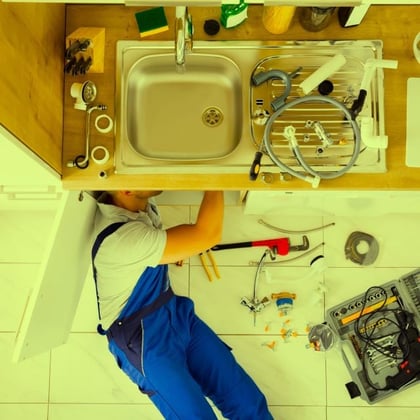What You Need to Know
- Owners of roofing and masonry firms are aging with everyone else.
- Their children may not be ready to inherit and run the businesses.
- The supply of apprentices is weak.
Is there a financial professional in your area focused on helping blue-collar business owners protect and plan for their greatest asset?
If not, maybe you could be that financial professional.
The ongoing wealth transition in the small business community was recently reported before Congress to be $1.4 trillion annually. That equates to $160 million every hour of every day, and this transition will last for 10 years.
When the topic of exit or succession planning is discussed, people tend to visualize corporate organizations and high-net-worth executives and professionals.
However, there’s another segment that contributes a substantial amount to this once-in-a-lifetime wealth transition: blue-collar business owners.
The usual suspects, in no particular order, are plumbers, electricians, carpenters, roofers, stone masons, builders, hardscape/landscapers, car mechanics, pest control technicians, and a few others.
How much wealth is tied up in these enterprises, and how many (also) need to address family-ownership hurdles?
My guess: a lot.
Many of the blue collar business owners are quietly successful. Too busy. Too focused to talk about their wealth or their challenges.
Maybe, too tired. These tradesmen are in high demand.
One family-owned appliance repair company in South Jersey told me, “On average, we get 210 calls every day. A major manufacturer just asked us to expand to another city.”
These owners obviously need help with life insurance, health insurance, long-term care insurance and retirement planning, and with getting disability insurance in a market in which insurers may see blue collar business owners differently than they see business owners who stay in the office.
The Next Generation
Blue collar business owners may also need extra help with human resources-related issues.
There are plenty of trucks with XYZ & Sons painted on the doors.









 May 08, 2024 at 09:17 AM
May 08, 2024 at 09:17 AM










 Michael J. Mainardi is managing partner of
Michael J. Mainardi is managing partner of